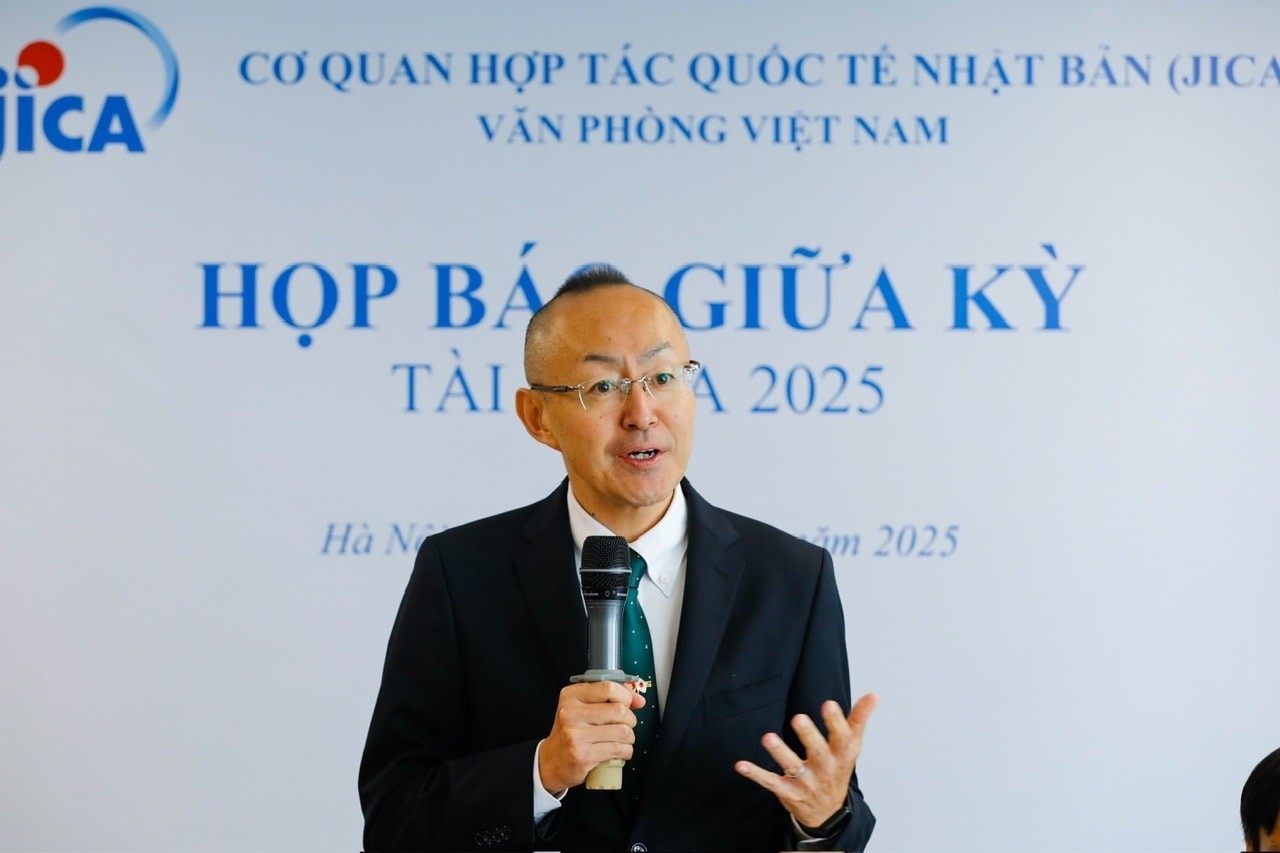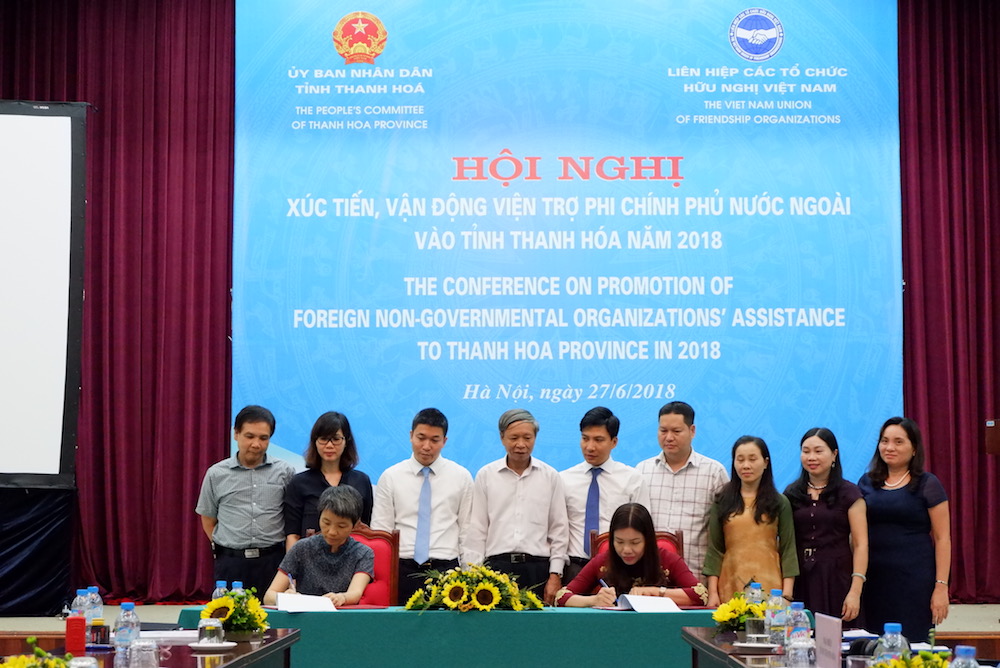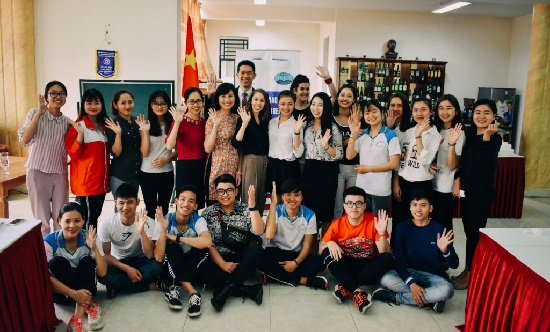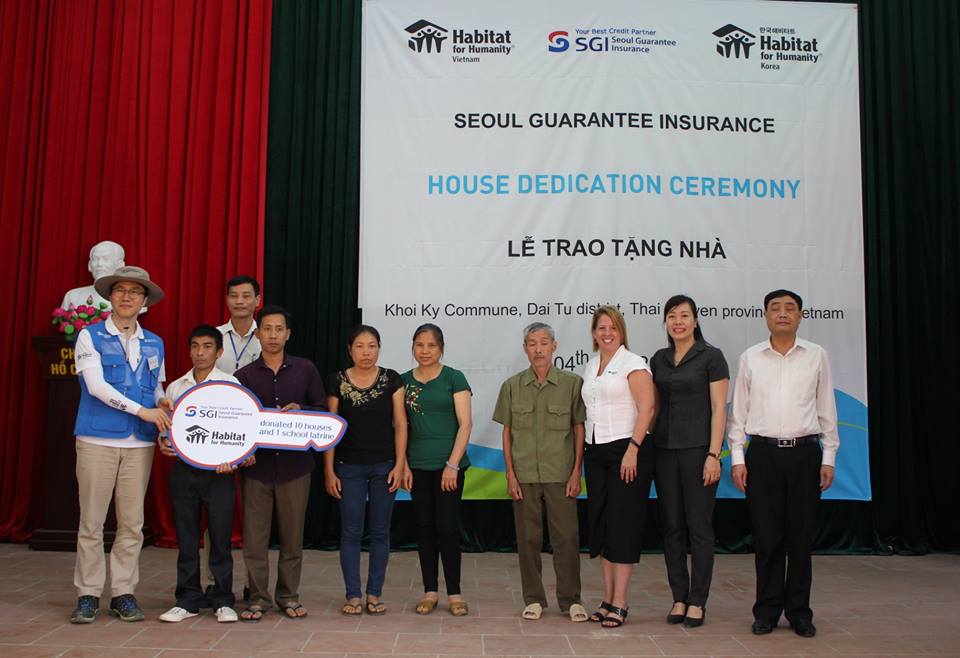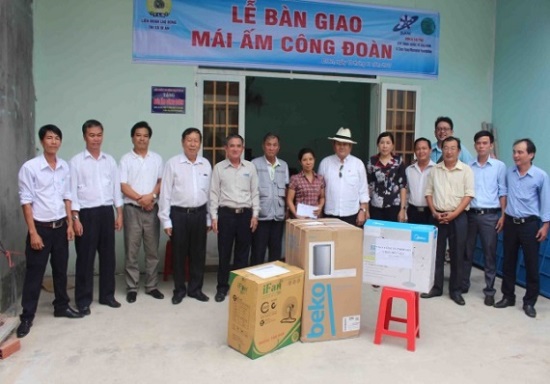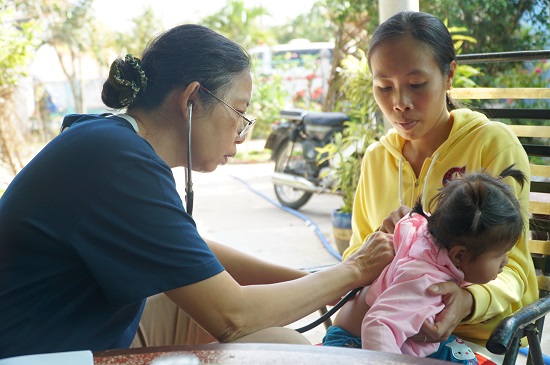In order to raise awareness and understanding of safeguarding and child protection issues as they relate to the role and responsibilities of society, DOLISA has promoted the dissemination of the Law on Children, aiming at cultivating public awareness, conveying the concepts of prevention of child abuse to the public; implementing the models included "healthy child club", "family without addicts"; and frequently inspecting amusement parks, playgrounds, private kindergartens, etc.
In additions, DOLISA actively implemented child support activities. Children in especially difficult situations are supported and encouraged to overcome difficulties, integrating to the community, making further effort in studying and daily life as well as becoming good citizens to the society. As a result, 130 abandoned children were took care by the provincial Social Protection Center; 179 children with disabilities and congenital heart defects were underwent surgeries; 100 per cent of abused children are supported and got timely medical care and effective rehabilitation; HIV-positive children are getting treatment and enjoying the same standards of social acceptance, personal development and quality of life as other children, etc.

Extra curricular activities for students of the June 1 kindergarten in Cao Bang City.
For child support, early abuse interventions are implemented to the village level. These treatment interventions not only to remedy whatever harm may have occurred, but also to prevent future occurrences of child maltreatment and to minimise the negative consequences of child maltreatment experiences for children. Cultural officials and mass organisations in communes, wards, towns always monitor the situation; collecting information about children in the area; organising many activities such as "Child Forum", "Month of Action for Children," etc. Families with affected children are promptly provided with health care, spiritual and financial support and legal advice. Morever, provincial police officers direct the police at all levels to grasp the situation, verify information and provide timely child protection services.
Tra Linh and Quang Uyen districts implemented effectively "Community-based child protection" model worth a total of more than VND 7 billion (USD 308,000) in 13 communes and towns. The model implements many activities on child care and protection, such as communication, capacity building, cultivating public awareness and community responsibility for child care members, commune staff, people, teachers; to build and expand community-based child care models. By that, the family, the school, the social community and the children are involved in such activities. To date, the child protection system has been established from district to village; communes participating in the model have child care connection services (parent support groups, parent education, home visiting, mental health, and other concrete social support), maintaining the 111 national hotline as well as telephone number connecting with the police. Orphans, children with disabilities, children living with divorced or addicted parents parents, children have dropout intention or at risk of child marriage, etc. in the village were cared and approached by commune officials and volunteers to identify, understand and assist them.
Giap Van Cuong, Head of Division of Labor, Invalids and Social Affairs of Quang Uyen District, Head of Programme Implementation of Childfund in the district said, “Quang Uyen district deploys the model of ‘Community-Based Child Protection’ in 7 out of 17 communes . 85 per cent of staff involved in the protection and care of the commune and its collaborators, volunteers, families and schools have improved their capacity . The project approach has demonstrated effectiveness in supporting positive behaviour change. The child protection services system at the district, commune, hamlet and school levels has district and commune officials, teachers and enthusiastic volunteers. Thereby, 100 per cent of children with disability, orphans, and children who experience abuse have access to health care, rehabilitation, legal intervention and mental health services. The province has not recorded information for child labour, wandering children and criminal offences committed by children.
The model not only effectively enhances the awareness and responsibility of the social classes on the protection and care of children, but also contributes to the building of more than child safe 140 communes and wards safe for children. In spite of the positive effects of the model, there are still some issues that need to be addressed./.

